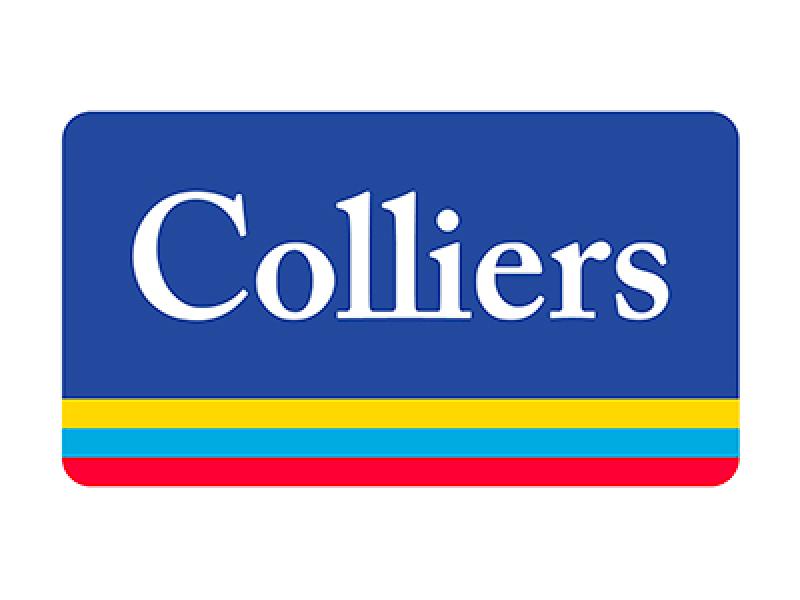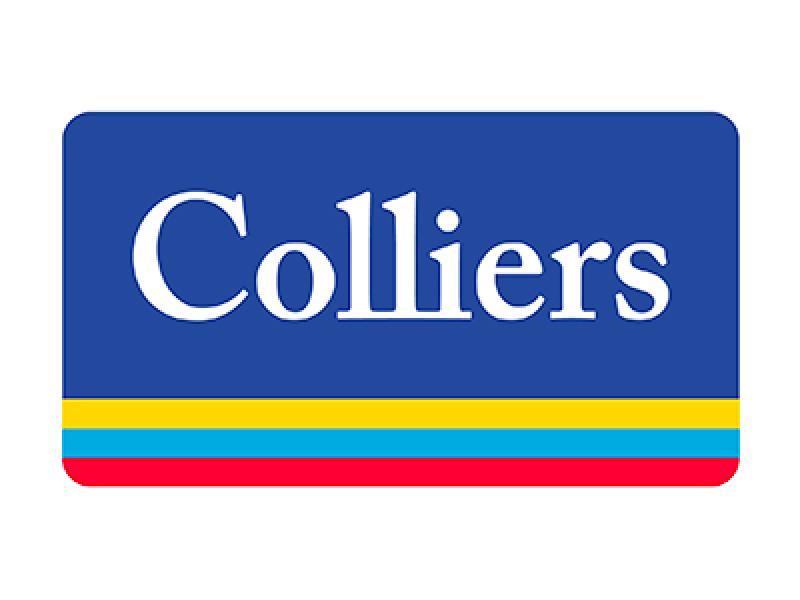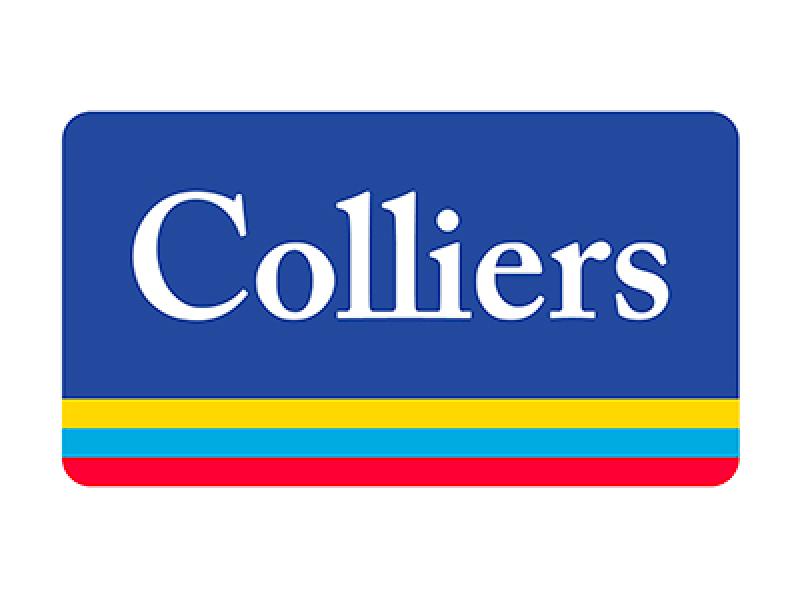
McCarthy Tétrault’s 80,000 SF office in Vancouver (Image courtesy: Colliers)
Ask The Expert: Colin Scarlett
1. Why is Vancouver a great location for office occupiers?
The talent pool in Vancouver is one of the key draws for organizations to the area.
High-calibre talent choose Vancouver for the lifestyle it provides, from convenient access to nature and outdoor activities, to its waterfront, diverse culture, gourmet cuisine, and vibrant social life. These factors allow people to find the right work-life balance and various financially rewarding jobs.
For employers, office space accounts for only 4-8% of their overhead, whereas labour can amount to as much as 90%, particularly for some technology firms. Global and U.S. tech organizations are happy to pay what we perceive as premium rents for office space to have access to top-tier, affordable talent. This dynamic won’t change anytime soon. Canada’s political landscape, progressive society, health care system, and pro-immigration policy provide significant benefits to organizations looking for a stable destination to grow or start their business.
2. What major changes have you seen in this market over the past 5 years?
Geographically, Vancouver is a well-positioned alternative for the technology sector. Tech’s most recognized companies have invested in Vancouver for its shared time zone with their San Francisco, Los Angeles, or Seattle head offices; its accessible and convenient transportation hub; and its reputable talent pool, leading to an increased and sustained interest in the city. A great example of this is companies like Microsoft, Apple, Amazon, Fortinet, and Animal Logic expanding in Vancouver in meaningful ways.
Vancouver has also been a favourite of the entertainment industry, with the visual effects and gaming sectors benefiting from tax incentives and the currency exchange. As such, local companies that support the industry have seen growth.
Professional service organizations such as law and accounting firms have expanded to guide clients through the intricacies of cross-border and Trans-Pacific transactions, as well as to manage the significant M&A activity Vancouver is generating. These firms continue to invest in Vancouver to handle the seemingly endless workload.
3. What are some key take aways when it comes to understanding your clients’ future vision of their organization?
It is important for the business to drive the real estate rather than the other way around. I work with my clients’ senior leadership teams to understand their long-term vision and create a real estate strategy based on their business objectives. I use an exclusive, data-driven methodology to thoroughly understand my clients’ business. I provide unique insights into their operations and industry to help them make informed decisions that positively impact culture, recruitment, retention, and productivity. Good data leads to good decisions.
4. Historically, professional service firms use office space to recognize and reward employees. Does that still play a dominant factor in company plans for sizing their space to their talent pipeline, or has the culture around space and recognition changed?
A third of law firms in London, England have an open space plan with no offices; Australia has also taken a similar approach. In North America, the market experimented with this trend and generally deemed it as a failure. The future of professional service firms remains as individual offices with modifications to incorporate a more hospitality feel and cross-team collaboration.
Equity, Diversity, and Inclusion (EDI) has rightfully become top-of-mind when designing spaces. Careful thought into accessibility, not just physically, but to the various levels of the organization, is helping drive recruitment, ensure retention, and cultivate a positive culture. Gone are the days of large corner offices for executives; an egalitarian workplace is the future. For additional information, read my full EDI report here.
5. What trends have you seen in lease terms and space pre- and post-pandemic? Are there any unique trends post pandemic around subleasing based on the hybrid work model?
Elements of the hybrid work model are here to stay. The pandemic was the proof-of-concept with a two-year experimentation period. However, as we return to the office, many organizations are taking various approaches. It is not a one-size-fits-all, but rather, a bespoke solution for each organization and even each regional office. Many organizations are choosing to have all employees back in the office a minimum of three days a week, all on the same days, requiring a workstation for every single person. This means minimal to no downsizing of their space.
We are seeing some very significant leases executed post-pandemic, by large, thoughtful organizations that are aligning their long-term business goals with the physical spaces required for their staff to excel. In these cases, we are not just seeing square footage for the sake of space, but best-in-class offices with high-quality amenities that create a positive, innovative, and collaborative culture.
Throughout the pandemic, feelings of isolation and their impact on mental health were a key concern for corporations. Organizations are understanding the benefits of employee mental health and are doing their part in providing both the tools and space required to foster it. Bringing people together in vibrant, communal spaces is just one strategy they are implementing to re-establish the connection and feelings of unity among their workforce.
6. Does the concentration of professional service firms continue to reside in major market financial centres or have there been other trends to hub and spoke models?
Business continues to be centralized in the downtown core for easy access to clients and banks. It also allows for a dedicated hub for transit.
Vancouver benefits from a robust transit network servicing its surrounding areas, which contributes to the work-life balance valued by the city’s talent pool. Efficient and accessible transit allows employees to choose a neighbourhood that fits their lifestyle outside of the office.
7. How long have you been servicing office occupiers and what unique expertise do you bring to your clients?
I have specialized in finding real estate solutions to business challenges for over 25 years, focusing on technology and professional service firms, and working with some of Metro Vancouver’s largest companies. In the past 10 years, I have been to 21 cities around the world to research the future of office space and to see global best practices firsthand. I have completed transactions for 20 new developments in Metro Vancouver. For me, it is exciting to have helped build up the Vancouver skyline as the city continues its growth and success trajectory.










